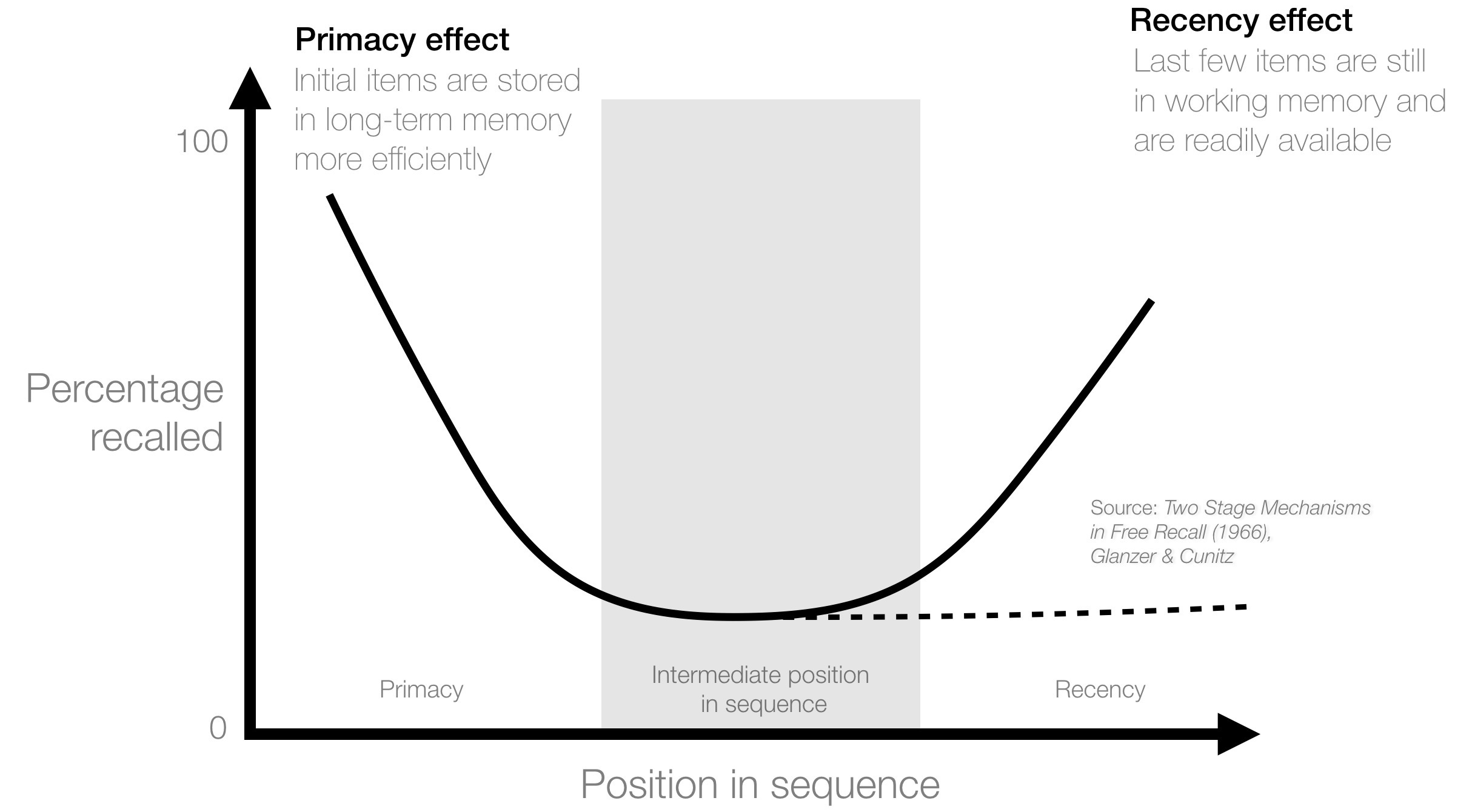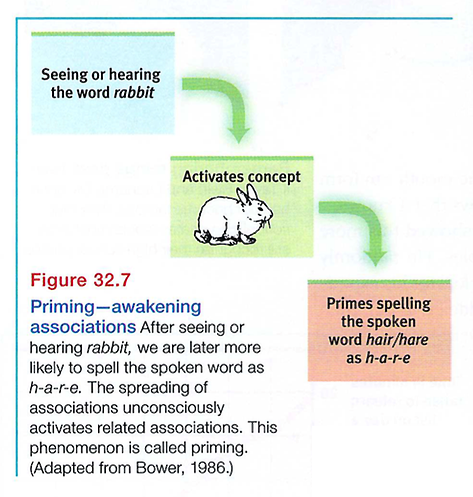Dalia Savy
Sadiyya Holsey
Haseung Jun
AP Psychology 🧠
334 resourcesSee Units
Retrieval is the process of recalling information from memory such as feelings, images, and events. This is the last step in our memory process. We retrieve information nonstop, especially when taking an exam ✍️
Measures of Retention
Recall
Recall is the process of bringing information from stored memories into conscious awareness. When you remember things, you are “recalling” the memories. Fill-in-the-blank questions test your recall ability.
Recognition
Recognition is when you notice something you learned previously. Rather than just simply recalling information, multiple-choice exams require you to identify the information you have learned within the question and answer choices.
Relearning
Relearning measures how much faster someone can learn material that has been previously learned and then forgotten.
For example, at the beginning of your junior year, you had to remember the Gettysburg address 💭for your United States history class. It took you 4 hours to memorize the speech.
At the end of the year, you had to relearn the speech. This time you are able to memorize the speech perfectly in only 2 hours. So it took you half the time to relearn the material 🙃
Retrieval Cues
Retrieval cues help you remember pieces of information! The more cues, the easier it is to remember something
Serial Position Effect
The serial-position effect is how people tend to remember information in a list that is mentioned first or last. The information mentioned in the middle is more forgotten.

Image Courtesy of UI Patterns.
You can also split this up into:
- Recency Effect: remembering the last thing that was said
- Primacy Effect: remembering the first thing that was said
Mnemonic Device
Mnemonic devices enhance retention and memory. A mnemonic device is a tool that helps you remember an idea or phrase. An example of a mnemonic device would be ROYGBIV, which is used to remember the colors of the rainbow 🌈 (red, orange, yellow, green, blue, indigo, and violet).
Method of Loci
Method of Loci is a mnemonic device in which a person memorizes information by placing each item to be remembered in different spatial locations. For example, let's say you want to remember this shopping list:
- Eggs 🥚
- Milk 🥛
- Cheese 🧀
- Potatoes 🥔
- Ice cream 🍨
You could use the method of loci to remember your list by placing these different items in different spots in your house and then walking around your house to remember the list. You could place the potato on the couch in your living room and emphasize it by having it lie down on the couch.
Peg Word Mnemonic
This mnemonic device puts numbers and words together to help us memorize a scheme. These often rhyme like "1-SUN, 2-SHOE, 3-TREE, 4-DOOR, and 5-HIVE."
Tip-of-the-tongue Phenomenon
The temporary inability to remember information is called the tip-of-the-tongue phenomenon. It's the thing when you say something's on the "tip of my tongue". This is explained with the semantic network theory. It states that our brain likes to form new memories by connecting its meanings to other existing memories and its meanings. In a sense, our brain creates an interconnected network of memories! So by trying to remember something, you get closer to it by listing its traits.
Priming
Priming is the activation of a memory by association. Hearing one stimulus leads to the activation of another.

Image Courtesy of Faitlux-Day.
Context-Dependent Memory
Sometimes, what you remember depends on the state or position you are in. Context-dependent memory is specifically remembering information in the same place we encoded it.
For example, if you study at your desk and take the test at your desk as well, you are more likely to do better 💯 Another example is if you're studying and your pencil breaks✏️ and you need to go to another room to sharpen it. However, when you leave your room to go to the office, you forget why you even went there. But then when you went back to your desk, you were like "Ohh, I had to sharpen my pencil." 🤦
State-Dependent Memory
State-dependent is how what we learn in one state will be easier to recall in that same state. If someone is drunk and left their keys somewhere, they probably won't remember where when they sober up. However, if they get drunk again, they will remember where they left their keys last time🔑
Mood-Congruent Memory
Mood-congruent memory states that when humans store memories about an event, they don't just store memory, they also store the emotion they felt at that time along with the memory. Therefore, if you are sad you will begin to recall unhappy events. If you're happy, you'll begin to recall other happy events!
Constructive Memory
You may have heard of something called a recovered memory phenomenon. It's when individuals suddenly remember events repressed for many years, often through therapy. While these memories can be true, some researchers like Elizabeth Loftus argues that this may be false recollections of the past. Constructed memories can be false details of real events or a completely made up event 🤔.
Spacing Effect
Spacing effect says that people learn material easier and more effectively when it is studied several times over a long period of time rather than in a short period of time
.
.
Testing Effect
The testing effect says that you have an enhanced memory after retrieving information, rather than rereading it. If you are studying for a test, you should never just read the content over and over again. Instead, you should actively recall the information. 🧠
You've probably heard people say this a million times, but it's a real term in AP Psych! A few ways you could actively recall information and properly study are by making flashcards and writing review sheets out for yourself.
🎥Watch: AP Psychology—Cognition + Memory
Browse Study Guides By Unit
🔎Unit 1 – Scientific Foundations of Psychology
🧠Unit 2 – Biological Basis of Behavior
👀Unit 3 – Sensation & Perception
📚Unit 4 – Learning
🤔Unit 5 – Cognitive Psychology
👶🏽Unit 6 – Developmental Psychology
🤪Unit 7 – Motivation, Emotion, & Personality
🛋Unit 8 – Clinical Psychology
👫Unit 9 – Social Psychology
🗓️Previous Exam Prep
📚Study Tools
🤔Exam Skills

Fiveable
Resources
© 2025 Fiveable Inc. All rights reserved.